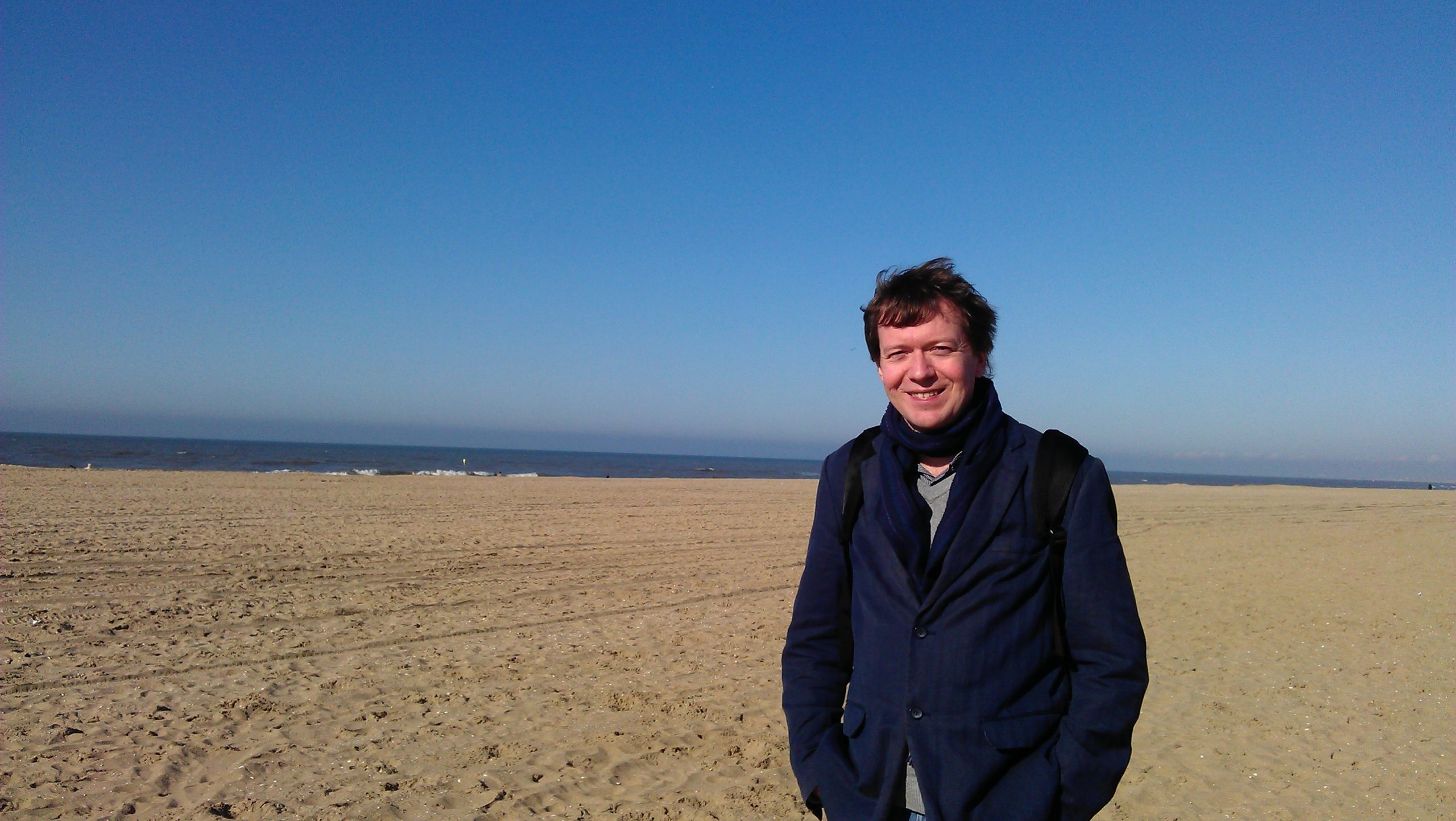
It was a very cold December morning in London.
So I was glad to see that there wasn’t a queue outside the Royal Academy of Arts for the Abstract Expressionism exhibition.
Standing around in the freezing cold waiting to get in would not have put anyone in the best mood to enjoy the exhibition.
Early in the morning seems to be the best time for visiting blockbuster exhibitions like this one.
It’s quieter early on, with bigger crowds materialising as the day wears on.
When I went in to the RAA galleries there were not many other visitors there yet, which meant there were great, unobstructed views of some fantastic art: the warm glowing colour fields of Mark Rothko, the epic canvases of Clyfford Still, and the iconic drip and splatter of Jackson Pollock.
Other highlights of this stunning exhibition included Arshile Gorky’s marvellous ‘Water of the Flowery Mill’ (1944), Hans Hofmann’s ‘Idolatress 1’ (1944) and ‘In Sober Ecstasy’ (1965), and Willem De Kooning’s ‘Untitled’ (1948), ‘Collage’ (1950) and ‘Untitled’ (1939).
The exhibition catalogue was too bulky to fit in my backpack. I didn’t fancy lugging it around for the rest of the day so I didn’t buy it at the RAA, ordering it instead online a couple of days later.
From the RAA, I headed towards Torrington Square for the Bloomsbury Farmers Market.
After refuelling there with some great food from the market stalls, I wandered along to the ICA for the late afternoon showing of Paterson, directed by Jim Jarmusch.
I haven’t seen all of Jarmusch’s stuff but I remember enjoying his brilliant black-and-white film Dead Man when it came out several years ago.
‘Paterson’ is not a film for everyone. It’s firmly in the ‘nothing happens’ genre; low-key poetry quietly celebrating everyday life.
Viewers with short attention spans will be bored by this slow-moving account of small-town life, but I thought it was great.
The film casts an intimate spell.
The small-town life may appear unspectacular, but the music in ‘Paterson’ has a strange intensity that accentuates the uniqueness of a setting and the lives within it.
In the bar with its cast of regulars where bus driver Paterson goes for his post-work beer, inconsequential conversations meander and end up going nowhere, fizzling out when they reach a natural ending rather than being fashioned into unrealistically polished dialogues.
Life in Paterson is quiet but it’s not idealised; the main character has an unpleasant encounter with some local degenerates who try to intimidate him while he is out walking his dog. This threat doesn’t go anywhere, but it serves to indicate that even in an otherwise friendly town there will always be a dark side.
Adam Driver (Paterson) and Golshifteh Farahani (Laura) are both very good as the main characters, though this couple’s relationship is the one element of the film that does come across as somewhat idealised.
Their relationship is bathed in a warm glow that is never troubled by financial concerns or the emotional consequences of failed ambitions. This doesn’t quite ring true, though everything else in the film does.
Contemplative and calm, Paterson is a quiet gem.
Related Post: ‘Evil Does Not Exist’, The Garden Cinema London